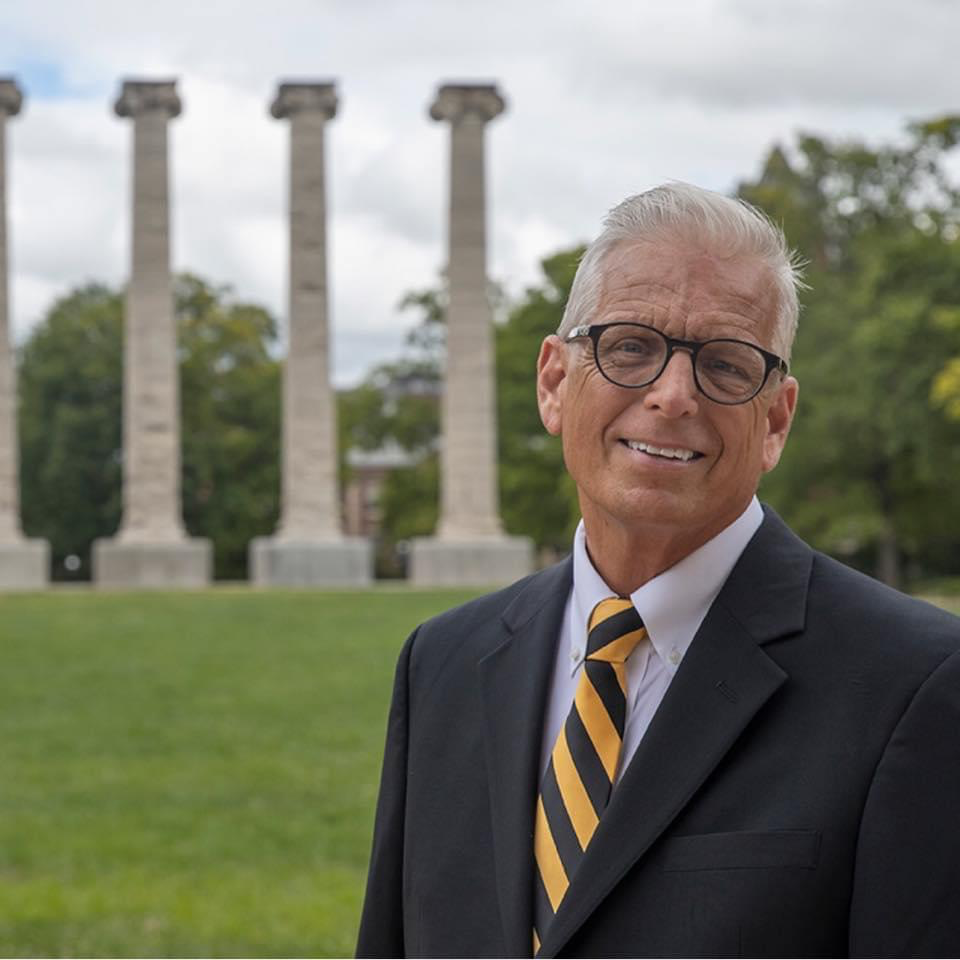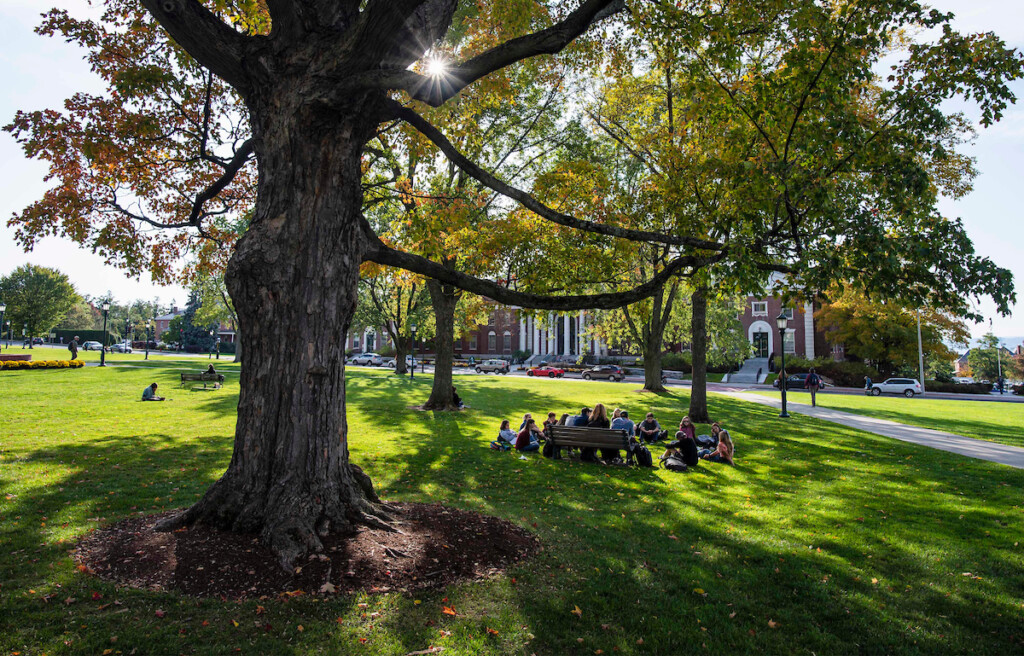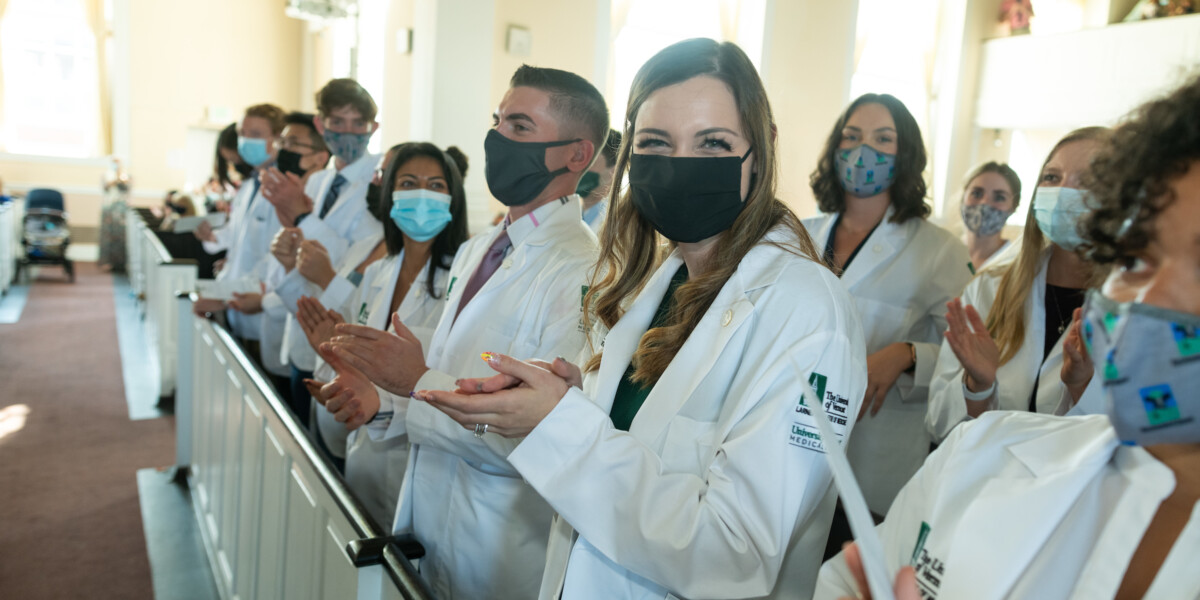
Mental health has been an issue of increasing importance on campuses across the country. Students are under significant pressure to navigate life and relationship challenges as young adults, while performing well academically to ensure that they are competitive in their chosen field and able to shoulder their financial commitments.
Higher education institutions are stepping up to the challenge of helping students with mental health difficulties. Bill Stackman, Vice Chancellor for Student Affairs at University of Missouri – Columbia and presenter at the University of Vermont Legal Issues in Higher Education Conference, believes that universities have to “create a culture of care on campus” to meet the mental health needs of students.
Citing the Partners in Prevention data for the State of Missouri, Stackman reveals that “slightly more than half of all college students were suffering from anxiety in 2019—a 30% increase over five years. One-third of students were experiencing severe depression—a 63% increase.” And with the impact of the pandemic, administrators in higher education are expecting these numbers to increase further.

Identifying Mental Health Needs on Campus
Stackman points out that “it is not just one department that is responsible for helping students with mental health needs; it is the responsibility of all of us across all aspects of university life.” Early detection is key: “faculty and staff are trained to recognize potential mental health issues in students. Often, these issues show up as behavioral problems in the classroom or the halls.” Rather than resorting to disciplinary action, faculty and staff are encouraged to ask questions, and ultimately “refer students to the appropriate services for care.”
As Stackman notes, “mental health impacts how students develop.” For this reason, and “because it’s the right thing to do,” Stackman asserts that “it is the university’s responsibility to make sure we do enough to help students develop skills [such as self-care and mindfulness] that will help them for the rest of their lives.”
An important aspect that Stackman and other university officials are focusing on is raising awareness: “We are trying to let students know that it’s okay not to be okay. We want our students to feel able to ask for help and to know where to go and who to speak to if they are experiencing difficulties.” To this end, Stackman introduces students to the mental health support systems at the university as early as summer New Student Orientation. “The number one topic that I discuss at orientations is mental health, making sure that students are aware of the services available to them.” Once students are enrolled, they receive “twice-monthly communications (such as emails) with information and tips for emotional health and wellbeing” from Stackman and the Department of Student Affairs.
Telehealth Services
To meet students’ mental health needs when campuses were closed due to the pandemic, many institutions established Telehealth services. Though there are legal challenges with therapists treating patients in states in which they are not licensed, the services have been a great help to many students. “Some students like Telehealth better,” notes Stackman, “because they can get the help they need without ever having to leave their dorm room.” On the other hand, there are students and some clinical staff that feel that in-person interaction is an important aspect of care. Stackman emphasizes the value of a hybrid counselling system, which his university plans to continue this fall when students return to campus.
Another advantage of Telehealth is that it helps university counseling services ensure they have enough support for the students who need it. Many universities have difficulty retaining counseling staff, particularly on campuses that are not located in big cities. With Telehealth conferencing, location is no longer an issue: practitioners from anywhere in the state can meet with students virtually. “One advantage of Telehealth,” Stackman suggests, “is that we have been able to attract diverse candidates to our counseling services. It has been great for helping us keep counseling positions filled.”

Legal Issues in Higher Education Conference
Stackman is looking forward to discussing these and other issues impacting higher education at UVM’s upcoming Legal Issues in Higher Education conference. “The conference attracts a nice balance of legal and higher education professionals.” While it is a great opportunity for these professionals to compare notes and help each other develop innovative programs for their institutions, Stackman points out this it is also a great way to build a network. “I have been attending the conference for over ten years and, in that time, I have developed a great network of people I can call on” for help with challenges facing his university. “Each year, those relationships develop, which is one thing that makes this conference very important,” he says.
This year the conference will feature presentations and roundtable discussions on topics such as the return to campus amidst the coronavirus threat, free speech and social media, and campus and police issues, among others. As Stackman reminds us, the conference will also offer ample opportunities for higher education professionals to develop strong networks with other experts in the field.
Register now to attend the conference and participate in timely and relevant discussions about a variety of legal issues in higher education.




